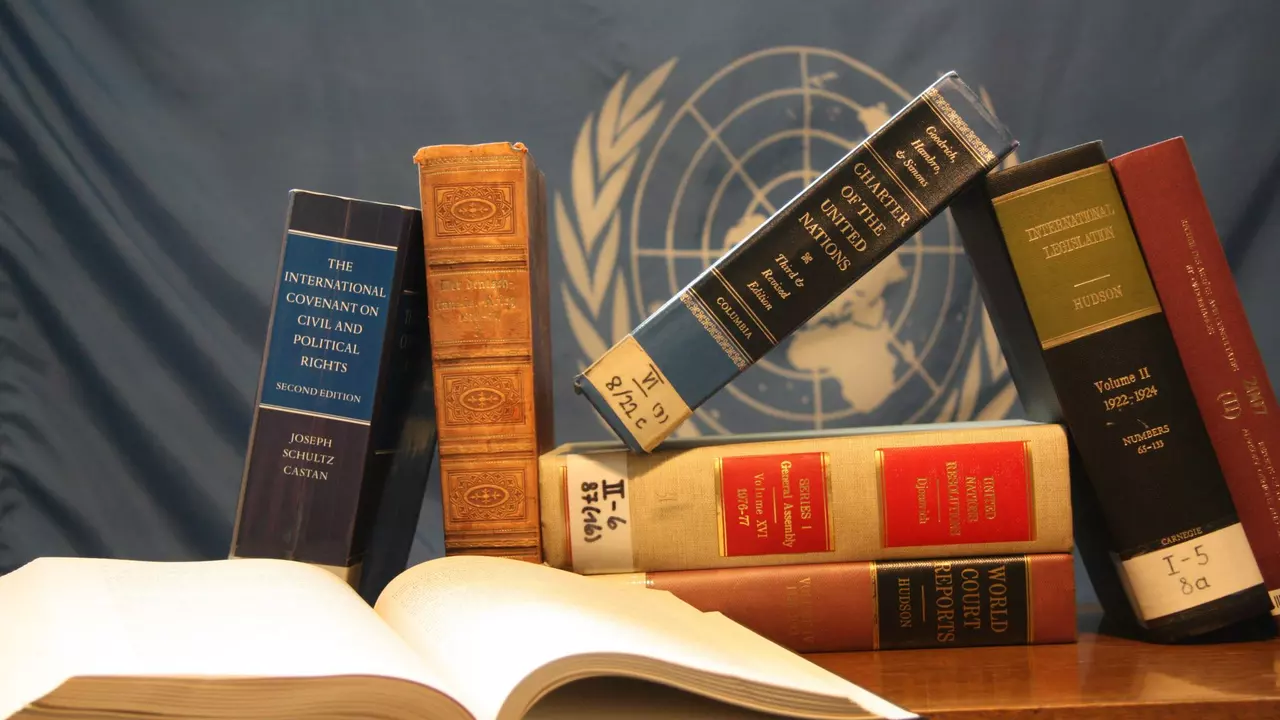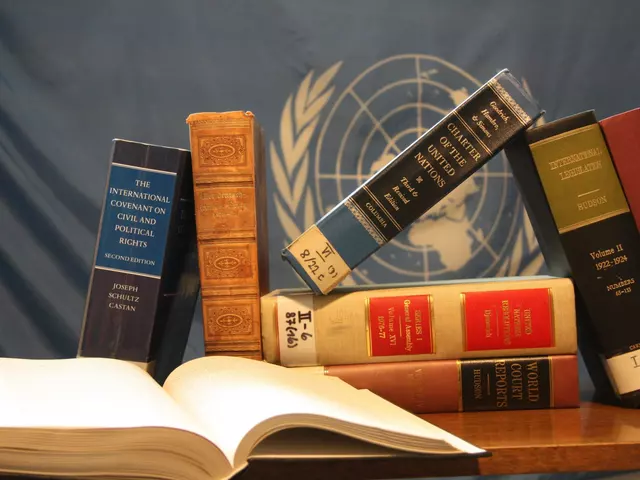From Treaties to International Conventions: Written Sources of International Law
A simple stroll with Max around the serene parks of Canberra or casual conversations with Apollo—who, I must note, is rather vocal for a parrot—often lead to profound ruminations. One such moment directed my thoughts towards international law. As an invisible force that aligns national actions to global standards, international law profoundly shapes how countries coexist. And where does this all-pervasive law originate from? Unsurprisingly, there are many written sources that inform international law.
The most recognised and primary source of international law is treaties. These written agreements between states establish rules that the concerned parties acknowledge. Even the outer space treaty, which prohibits any nation from claiming a celestial body as their territory, is one such example, thereby ensuring that Apollo will have many places to visit during his cosmic trips.
The second significant written sources are International Conventions. These are agreements among a large group of states and these form the basis of customary international law. To clarify, let's consider the Geneva Conventions, designed to ensure the humane treatment of civilians, prisoners of war and wounded soldiers.
More examples can be found in the International Maritime law conventions, which regulate everything from maritime pollution to the treatment of seafarers. As a result, these essentially unsung heroes of the high seas have their rights respected and are protected from potential exploitation.
Jus Cogens: The Unshakeable Rocks in the Sea of International Law
Jus cogens, a latin term widely used in international law refers to a principle that is so fundamental that no state can opt out of it. These are rules that are considered peremptory, which means they are mandatory. No nation can contravene these norms, even with treaties. For instance, the prohibition of genocide, torture and slavery fall into this category.
Like many people around the world, my gentle, yet highly energetic husky, Max, doesn't tolerate cruelty or any form of misuse of power either. His playful nature always reminds me of how every creature deserves kindness and dignity. And I can't help reinforcing my belief that many of the jus cogen norms echo the same sentiment at a global level.
Resolutions, Decisions, and Judicial Judgments: Secondary Sources of International Law
Moving on from the written and unshakeable sources, let's sail into the rough seas of the secondary sources of international law. These play a vital role in influencing the application and interpretation of international laws. Top of mind are surely the resolutions and decisions of international bodies like the United Nations.
Elinor, my other half, often engages in hearty debates about UN resolutions and their validity, influencing my already deep interest in the subject. You see, the binding nature of UN resolutions, especially those from the Security Council, shapes them into a key source of international law. But it's important to acknowledge that not all UN resolutions are legally binding. General Assembly Resolutions, for instance, are non-binding, but they often express the common understanding or interpretation of international law, swirling the currents of sovereignty, peace and security in international waters.
Alongside these, an equally critical secondary source of international law includes judicial decisions. As Max and Apollo have often witnessed me cram for my law exams, they can confirm that the principle of stare decisis—the doctrine that obliges courts to follow historical legal decisions--has a significant influence in shaping laws.
The judgments of international courts like the International Court of Justice, the International Criminal Court, among others, bind the parties to the case and also offer insights into the prevailing interpretation and application of international law. This makes these rulings a significant guidepost for future debates and discussions in the international legal arena.
Customary International Law: The Unwritten Accord Among Nations
Last, but not the least, we have customary international law which is an unwritten, yet accepted, source of international law. Not all rules are written down, after all. Just as Max understands when it's time for a walk without me having to utter a word, nations too have an unwritten code of conduct understood and acknowledged by all.
These norms are derived from a consistent practice of states out of a sense of legal obligation. For instance, the principle of diplomatic immunity, which prohibits a host country from arresting diplomats from a foreign country, is a widely practiced norm, despite not being explicitly stated in any international treaty.
At the end of the day, deciphering the sources of international law is like a dance involving many actors, steps, and music. It's an elaborate performance that demands diligent understanding, respect for diverse viewpoints, and an unwavering commitment to uphold justice on the global stage, just as I strive to maintain harmony and balance in my small haven with Elinor, Max, and Apollo.


